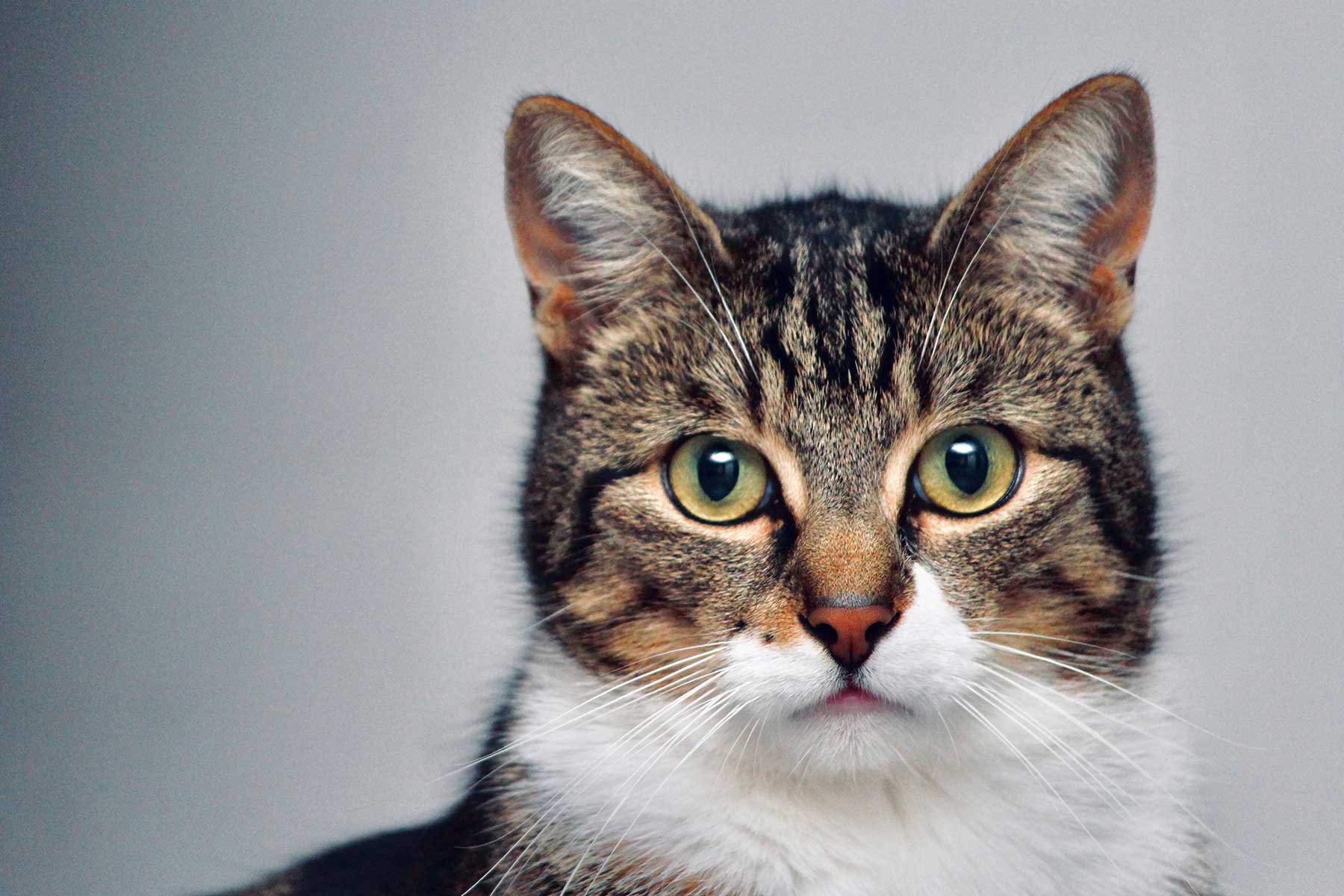Birds are unique in how they show and respond to disease. They have a ‘preservation reflex’ where they hide obvious signs of illness until they are in an advanced state and near collapse. This is why we often see birds which have chronic illnesses (parasites, weight loss) yet whose owners say ‘he was fine yesterday’.
It is easy to be less observant of birds than of pet dogs or cats, therefore subtle changes can be missed.
A “healthy” appetite does not mean a healthy bird. Many sick birds will eat until minutes before they die.
“Stress” plays a major role in the onset of bird diseases. This usually relates to husbandry e.g. captivity of wild birds, overcrowding, poor nutrition or hygiene and no provision of hiding places or proper shelter from predators.
Stress affects the immune system, making it weaker and therefore making the bird more susceptible to disease. Healthy birds can handle some stress, but even slightly sick birds can’t.
Birds are usually fed enough food, but most are fed the wrong food combination. The full dietary needs of pet and aviary birds have been poorly researched but most bird diets can be improved in some way.
Because of all of the above, a prognosis for a sick bird is always guarded. This is a fact of life. Hence, care and husbandry are the main factors in bird health.











